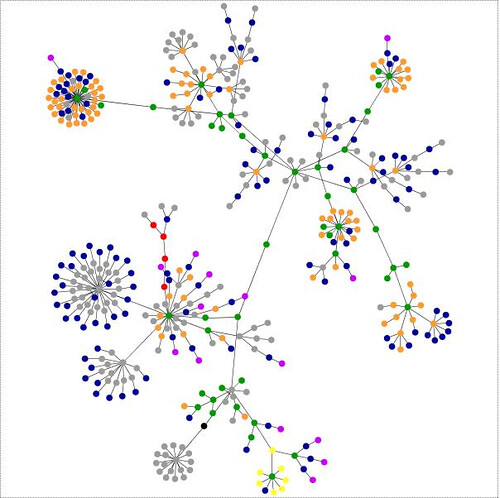An entertaining (in quintessential British style) talk by Sir Ken Robinson on being out of our minds - learning to be creative (or indeed, educating ourselves out of our creativity)! Robinson uses a series of anecdotes to illustrate the sophisticated level of creativity in children and asks some seemingly obvious questions about where our creativity goes as we grow up. It reaffirms me that there is no such thing as a silly question!
It really makes sense that, as educators (and through our training to be educators), we do not take notice of the student's body when facilitating their learning. We may notice when they are not paying attention as a broad view, but as Robinson notes in his talk, it's not so much about not paying attention as beginning to see what students react to or how they act - bodily - in learning settings (and of course beyond!). Recall that fidgetty student? :o)
Have we administrated our education systems to ignore the body? I think so! I think it was one of my TALO colleagues who said that education is in fact a virtual form of learning! We need to get back to 'real' learning as living rather than confining our education as a system.
I hope you enjoy the Robinson's talk; I most certainly did! I laughed - and learned - a lot! :o)
technorati tags:creativity, learning, education, Sir_Ken_Robinson, TED, video, talk, conference
Blogged with Flock

